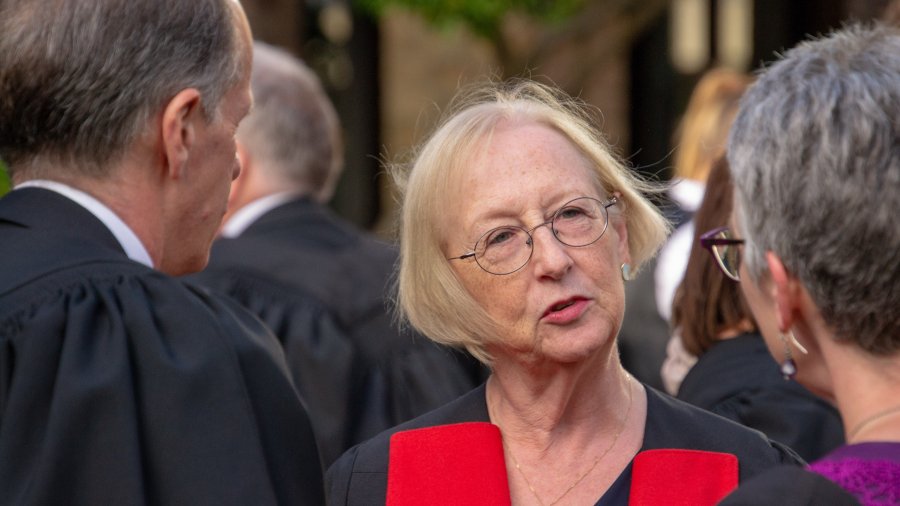Research interests
Susan's research in the archaeology and history of the man-made landscape between about 400 and 1300 focuses on three main topics:
- The evolution and transformation of early medieval and medieval fields and pastures from the landscapes of Roman Britain, many of which had much more ancient origins ;
- Detailed regional studies of English rural settlement and husbandry between c.400-c.1300;
- Conceptual approaches to the archaeology of collective organisation in agriculture, not only in shared fields but also in natural resources exploited under rights of common;
Her work is interdisciplinary, combining observation in the field with (among others) archaeological, historical, place-name, geological, palynological (pollen), environmental and architectural evidence. Her doctoral research demonstrated the continuous adaptation into the nineteenth century of a planned prehistoric landscape across ten parishes SW of Cambridge. That work subsequently developed in three principal directions.
- Her publications on Anglo-Saxon landscapes across the longue durée have contributed to growing acceptance of the evolution of prehistoric / Romano-British landscapes and institutions into the early medieval period.
- Her application to archaeological landscapes of economic models of common property rights was stimulated by her research on collective agricultural organisation. It offers an experimental conceptual and methodological framework for identifying common rights, institutions for collective governance, and characteristic relationships between right-holders, from archaeological evidence.
- Her investigations of regional landscapes have
- offered the first detailed study of collective social organisation and environmental management across an early medieval wetland;
- established the leadership of peasant communities in landscape transformation;
- identified unexpectedly separate origins for medieval nucleated settlement and large-scale open fields, previously believed to have been contemporary.
Her most recent research on the Emergence of the English draws on all three threads. It argues that the origins of that process should be sought among the prehistoric communities and territories that had developed across England through the period of Roman control and into subsequent post-imperial decades and centuries. Remarkable continuity across the longue durée between the early fifth and the seventeenth centuries in the ecology and geography of many areas exploited under rights of common property – often also the basis of equally long-enduring political or administrative units - suggests that most change was either short-lived and/or adaptive and evolutionary, rather than characterized by any sudden revolutionary transformation. That rich and complex history reveals a traditional society assimilating newcomers, and continually evolving, adapting and innovating in response to individual and collective actions, to events, small- or large-scale, sudden or expected, and to local, regional and international influences and processes, new or familiar, rapid or slow.
